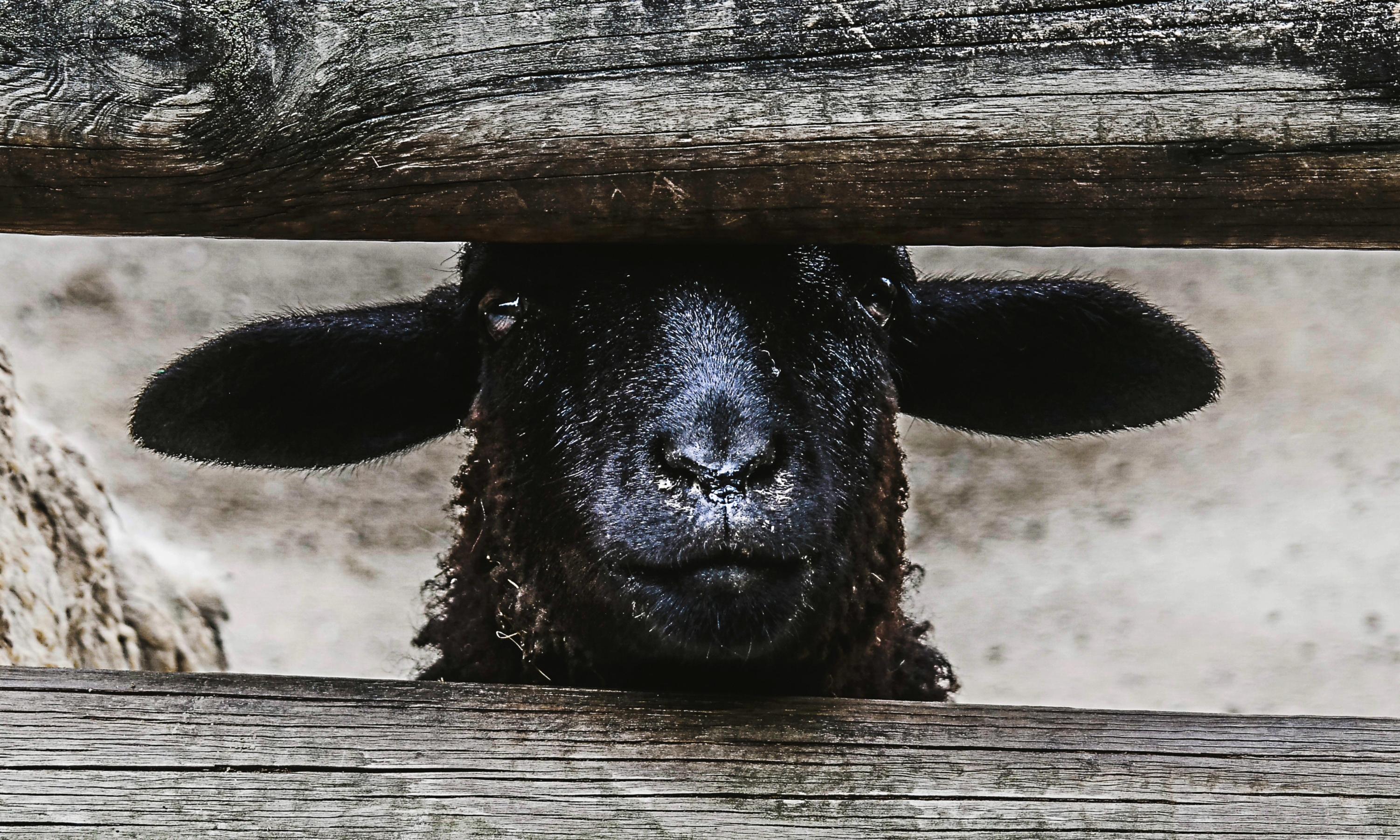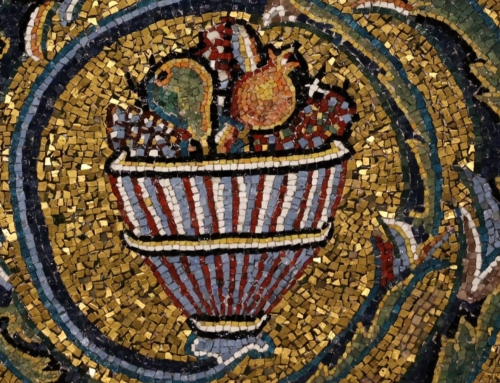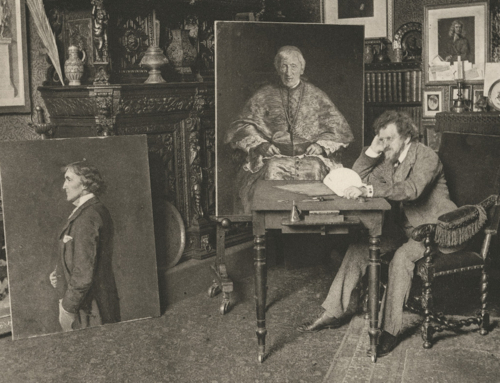Every family seems to have someone who sticks out above the rest, for better or for worse. It is not uncommon today to have parents who consider one (or more) of their children to be the “black sheep” of the family. Parents tend to worry obsessively about the well-being of their children, especially that black sheep, without considering the will of God in their child’s vocational discernment. It may be best to turn to an example of a black sheep who would became the first canonized saint in the Americas.
Stained glass windows depict St. Rose of Lima with a youthful complexion, wearing a regal crown of thorns and holding a basket of flowers. Young girls in confirmation classes around the country desire her patronage一in my own class, three young women took the name Rose. The church honors her tireless attention to the needs of her local community and her extreme penances for the sake of the kingdom. What we do not often realize, however, is that St. Rose’s vocation clashed with her parents’ preference, making her the black sheep of the family.
Gaspar and Maria had raised a daughter with beauty and charm, with a love for God and neighbor. Numerous worthy suitors presented themselves to the family, but Rose wished to embrace a vocation to consecrated life. Repulsed by compliments of her beauty, Rose chopped her hair off and distorted her face and hands with pepper and lime. Her parents looked away in embarrassment.
By all accounts, St. Rose was the black sheep in her family because she chose to follow a higher calling. While less beautiful young women married into wealthy families, Rose chose perpetual virginity. While many cloistered nuns in Peru lived together in community, Rose felt called to live a solitary life. And while some third order Dominicans lived far away from family, Rose constructed a homemade cell in her parent’s backyard, creating her own personal cloister. Rose was absolutely a black sheep, one who continued her penances in this small cell, selling flowers and embroidered clothing on the streets to support the hungry poor while drinking a pleasure-numbing “kool-aid” of sheep’s gall and bitter herbs herself.
By the time Rose gained her father’s approval to take the habit of the Third Order of St. Dominic, she had 20 years behind her, a ripe old age at the time for single ladies who weren’t in a convent. Unlike other famous families who attempted to dissuade their child from embracing a Dominican vocation, Gaspar and Maria did nothing drastic to hinder their daughter’s devotion to Jesus一they just wanted to control how that devotion would be lived out. But, the young saint’s extreme penances acted as tinder to the fire that burned within her, as Rose distanced herself from her family, preferring the spiritual ecstasies granted to her in seclusion with the Lord.
Having their daughter swiped right from their grasp and into the embrace of the Lord may not have been in the family plan, but Rose’s parents loved their daughter enough to eventually allow her to live her vocation. Barely winning the blessing of her parents to live the life of a tertiary surely strained their relationship, but it is because of Rose’s trust in the Lord’s providence that we call her St. Rose. She knew what she was doing, even if her parents wrote her off as the black sheep.
St. Rose’s parents express one aspect of familial relationships all too relevant for today’s world. Through the intercession of St. Rose of Lima, let us pray for parents who struggle to accept the God-given vocations of their children. Let us pray that we, like St. Rose, would act with sensitivity to circumstances within our families, while ultimately recognizing God’s prevailing plan for us.
✠
Photo by Jose Francisco Morales







